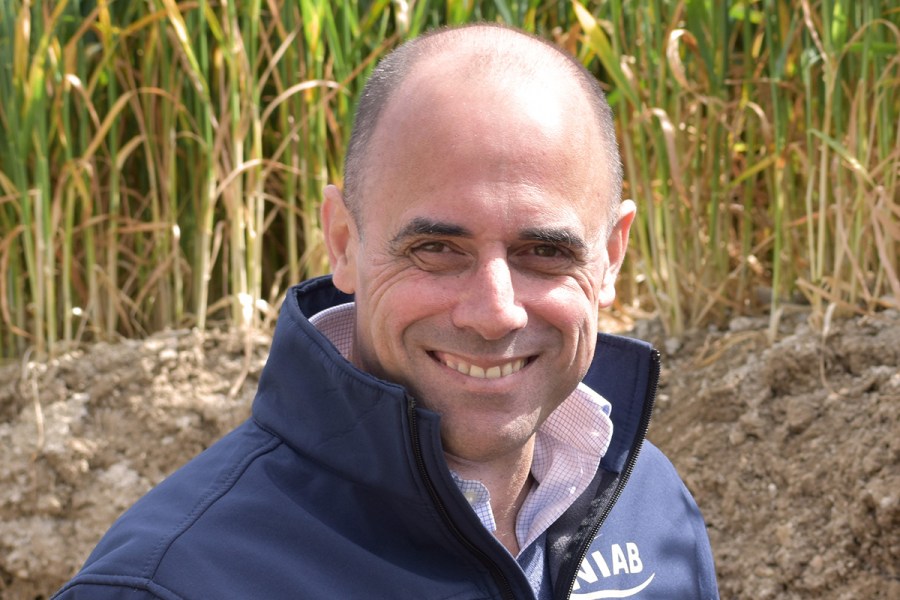By Professor Mario Caccamo, Niab’s Chief Executive.
Many liken the progression of global crop yields during the past six decades to a miracle. Despite the widespread pessimism of the late 1950s which predicted worldwide food shortages, malnutrition and hunger are at historic lows today. Of course, this wasn’t a miracle.
Public and private investment in innovation underpinned agriculture’s success, enabling the industry to increase productivity. In the UK, research organisations have directly contributed to this boom and since Niab’s foundation in 1919, UK wheat yields have increased almost fourfold to an average 9t/ha.
Supported by advances such as gene editing, speed breeding and artificial intelligence, agricultural science should seize the opportunity for continuous progress. Access to new varieties, optimised farming systems, and improved pathogen management can sustainably feed future generations while curbing agricultural emissions and restoring biodiversity.
However in recent years, progress has stalled with national average crop yields flat-lined.
Restrictive policies coupled with insufficient long-term investment in applied research pose the biggest barrier to harnessing and exploiting these new technologies. While advanced genetics have boosted yields and reduced pesticide use in the US and Canada, European farmers can’t access them.
Take insect-resistant crops such as Bt maize – genetic engineering enables Bt maize to produce toxins which target certain insect pests using a bacterium known as Bacillus thuringiensis. Plant protection products have used these toxins for decades and as a result, Bt maize reduces spraying by up to 35%. Yet in the EU, regulations applied to GM organisms effectively block access to this technology. So EU farmers use more insecticides and more land to produce the same yields.
Steve Reed MP, Defra secretary, recently announced that the secondary legislation required to implement the Genetic Technology (Precision Breeding) Act will be introduced to Parliament in March – this is welcome news.
Timely, proportionate regulation is crucial to incentivise investment in and enable the use of all available scientific solutions. Developers are ready to bring forward exciting precision-bred traits once this Act is fully implemented and the Government appears to accept we shouldn’t delay any further.
We have to enable the innovations available today to ensure we’re prepared for the challenges ahead. The recent report of glyphosate resistance in UK Italian ryegrass exemplifies this. It stresses the need to build resilience to address expected challenges and be prepared for the unknown.
Let’s make use of all tools at our disposal so we can continue to feed future generations, sustainably.
This article was taken from the latest issue of CPM.
For more articles like this, subscribe here.
Sign up for Crop Production Magazine’s FREE e-newsletter here.




